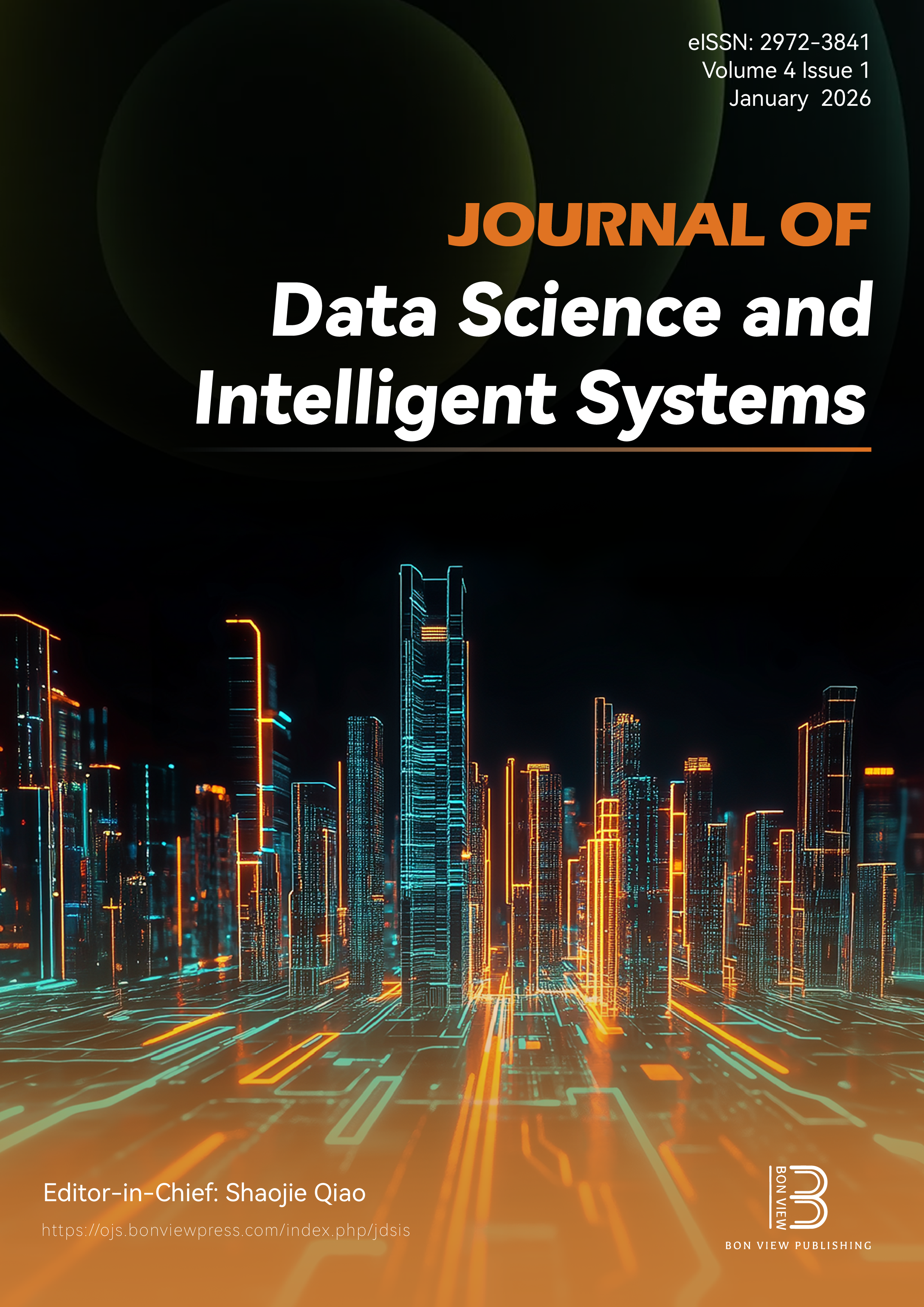Random Numbers for Machine Learning: A Comparative Study of Reproducibility and Energy Consumption
DOI:
https://doi.org/10.47852/bonviewJDSIS42024012Keywords:
reproducible research, machine learning, pseudorandom numbers, energy consumptionAbstract
Pseudorandom number generators (PRNGs) have become ubiquitous in machine learning (ML) technologies because they are interesting for numerous methods. In the context of ML, multiple stochastic streams, produced in black boxes for methods such as stochastic gradient descent or dropout, can produce a lack of repeatability, impacting the ability to debug and explain results. The field of ML holds the potential for substantial advancements across various domains. However, despite the growing interest, persistent concerns include issues related to reproducibility and energy consumption. Reproducibility is crucial for robust scientific inquiry and explainability, while energy efficiency underscores the imperative to conserve finite global resources. This study delves into the investigation of whether the leading PRNGs employed in ML languages, libraries, and frameworks uphold statistical quality and numerical reproducibility when compared to the original C implementation of the respective PRNG algorithms. Additionally, we aim to evaluate the time efficiency and energy consumption of various implementations. Our experiments encompass Python, NumPy, TensorFlow, and PyTorch, utilizing the Mersenne Twister, Permuted Congruential Generator, and Philox algorithms. Remarkably, we verified that the temporal performance of ML technologies closely aligns with that of C-based implementations, with instances of achieving even superior performances. On the other hand, it is noteworthy that ML technologies consumed only 10% more energy than their C implementation counterparts. However, while statistical quality was found to be comparable, achieving numerical reproducibility across different platforms for identical seeds and algorithms was not achieved.
Received: 2 August 2024 | Revised: 9 October 2024 | Accepted: 11 November 2024
Conflicts of Interest
The authors declare that they have no conflicts of interest to this work.
Data Availability Statement
The data that support the findings of this study are openly available in GitLab at https://gitlab.isima.fr/beantunes/random-numbers-in-machine-learning/.
Author Contribution Statement
Benjamin Antunes: Conceptualization, Software, Investigation, Writing — original draft, Writing — review & editing. David R. C. Hill: Validation, Writing — review & editing, Visualization, Supervision, Project administration, Funding acquisition.
Downloads
Published
Issue
Section
License
Copyright (c) 2024 Authors

This work is licensed under a Creative Commons Attribution 4.0 International License.


